Majikoi: Oh! Samurai Girls
Since my youth, I have been enamored with the charisma of martial arts, so I find myself drawn to stories that honor these age-old practices. I still recall the childlike wonder of dreaming about performing a perfect roundhouse kick or executing a silent ninja stealth move. Through this nostalgic lens, we enter the world of "Majikoi—Oh! Samurai Girls," a world where martial arts prowess is the most coveted of talents.
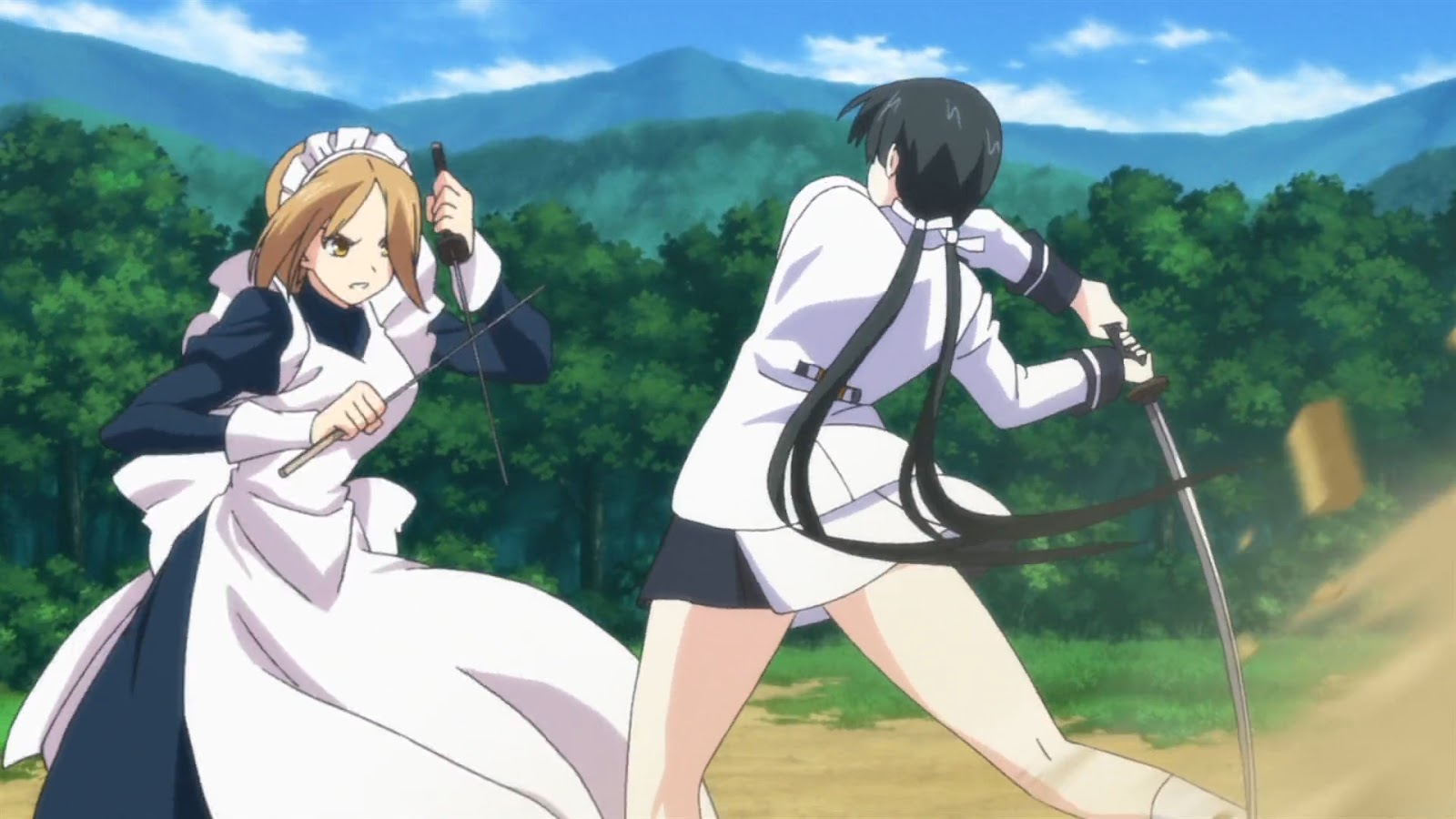
The story unfolds with our protagonist, Yamato, who meets Shouichi Kazama at a young age after Yamato argues with his mother. This chance encounter catapults Yamato into a whirlwind of adventure that forever alters his previously dull existence.
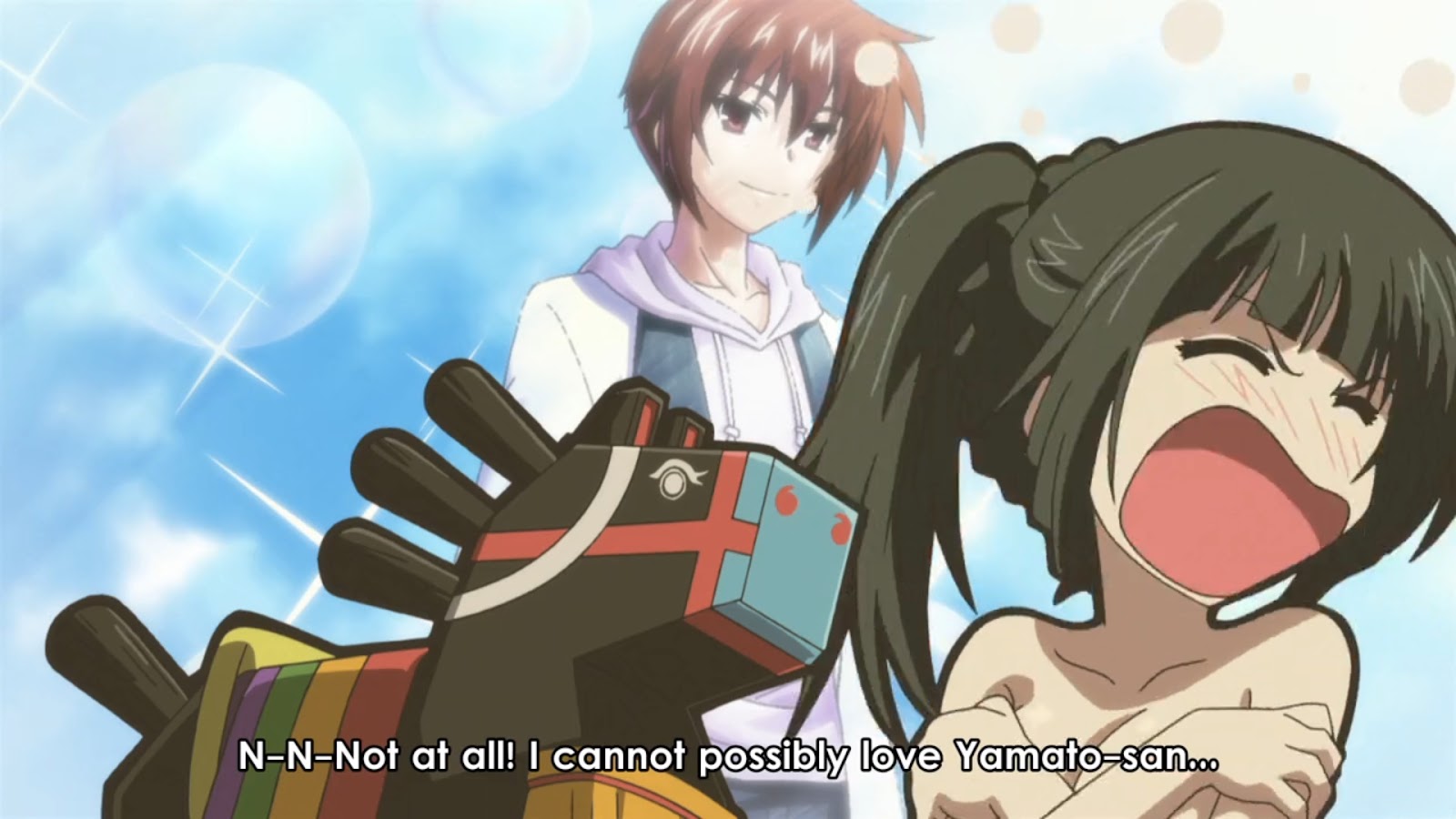
Is this series deserving of a place in your sacred realm of relaxation? It depends on your taste for martial arts-themed storylines and your patience for character development. Stay tuned as we dissect the merits and pitfalls of this intriguing series.

As a seasoned connoisseur of the animated art form known as anime, one finds pleasure in examining each new entry in the genre. The anime under the magnifying glass today is "Majikoi: Oh! Samurai Girls." Sentai Filmworks supports this series, which Keitaro Motonaga is the director of and is a product of Studio Lerche.
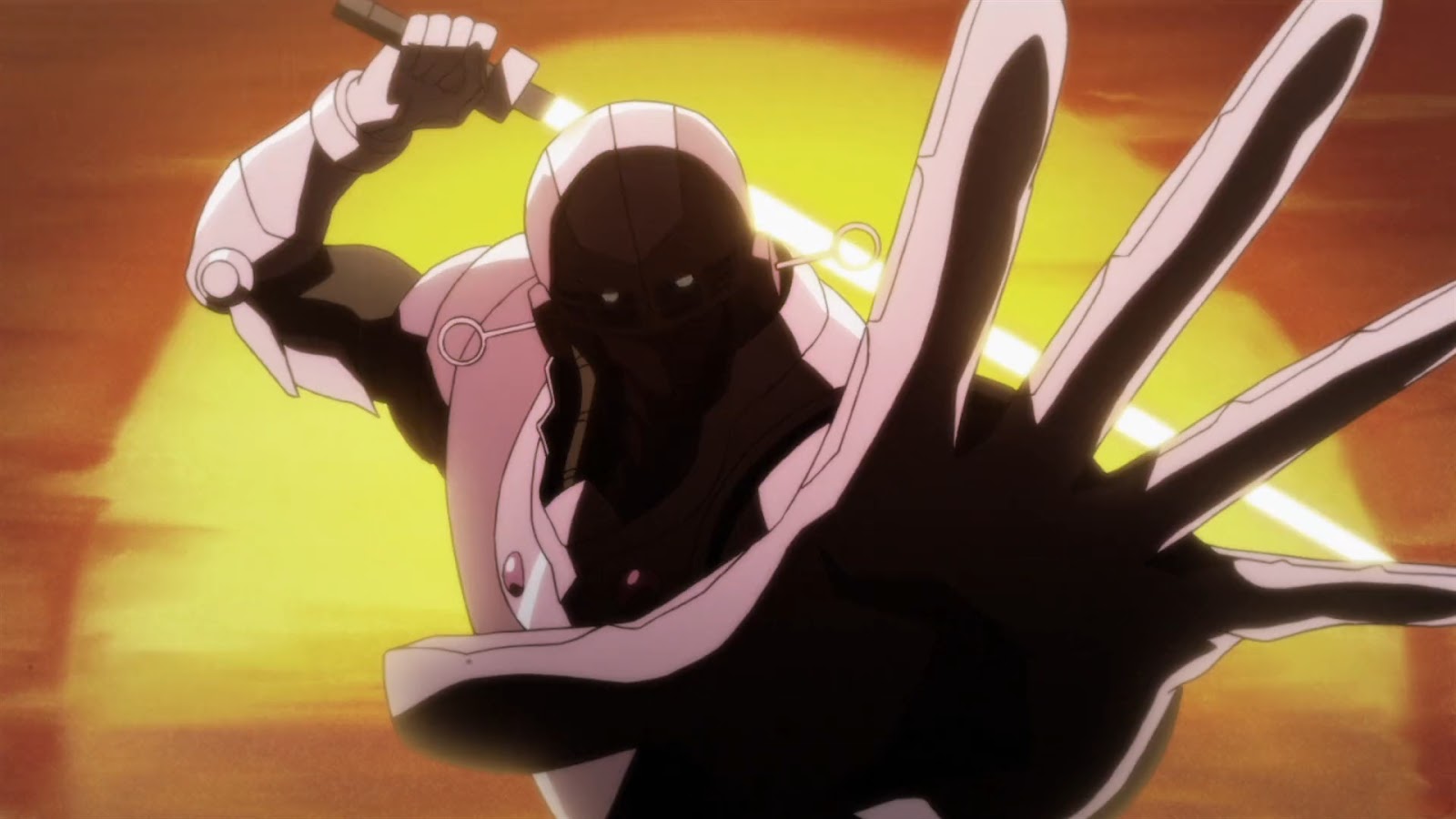
This intriguing fusion of action, comedy, ecchi, and romance, specifically catered to the male audience, is based on an adult visual novel that Minato Soft brought to life. Thematic elements revolve around the familiar anime tropes of Harem, Martial Arts, School, and Superpowers. The series consists of twelve 23-minute episodes with an R+ rating due to its mild nudity, indicating its intended mature audience.
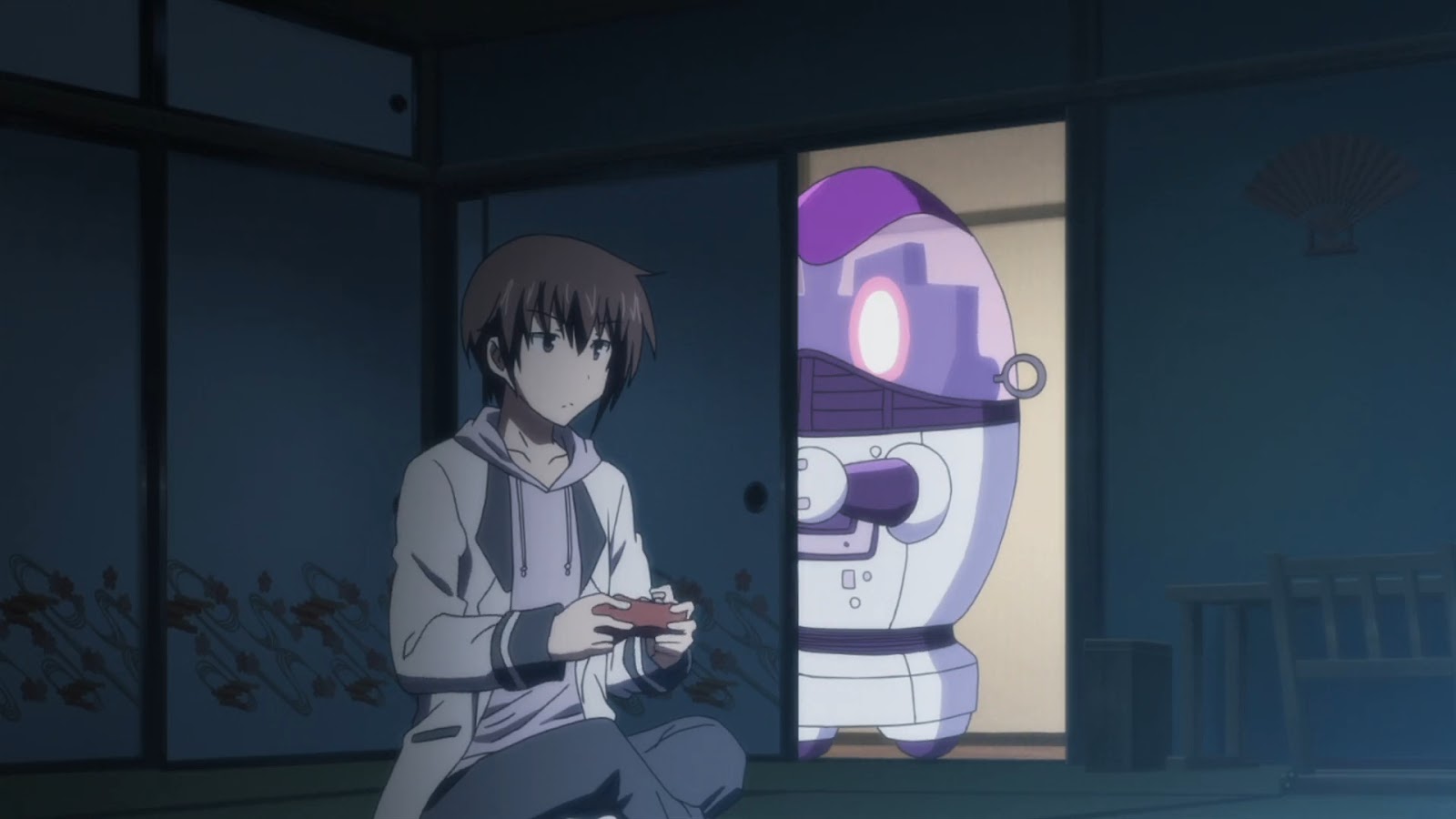
The origin of our tale, “Maji de Watashi ni Koi Shinasai!!” is a Japanese adult visual novel lovingly crafted by Minato Soft. Initially, it graced the PC gaming world on August 28th, 2009, when it was released as a DVD, with a wider release as a two-DVD set on October 30th of the same year. English-speaking audiences had to wait a little longer to get their hands on this gem, as JAST USA only released their English translation digitally on December 25th, 2020, after a series of delays. A Collector's Edition followed in physical format in February 2021.
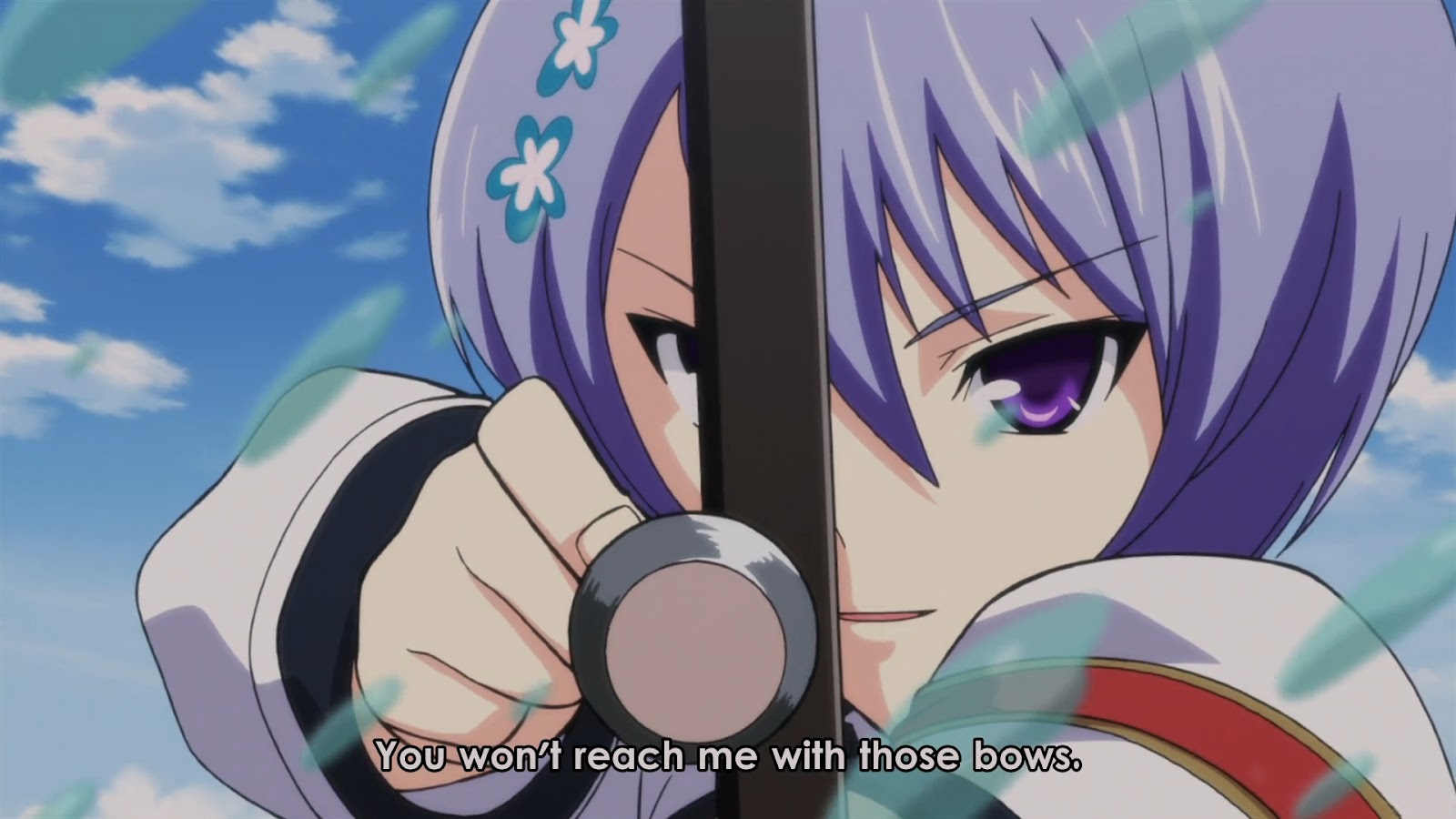
Not content to rest on their laurels, Minato Soft further expanded the franchise with a sequel, “Maji de Watashi ni Koishinasai!! S”, released in 2012, and five fan-discs, collectively titled “Maji de Watashi ni Koishinasai!! A,” released throughout 2013. The manga adaptation of the series began publication in Comp Ace in May 2010, with a home video release in 2012.
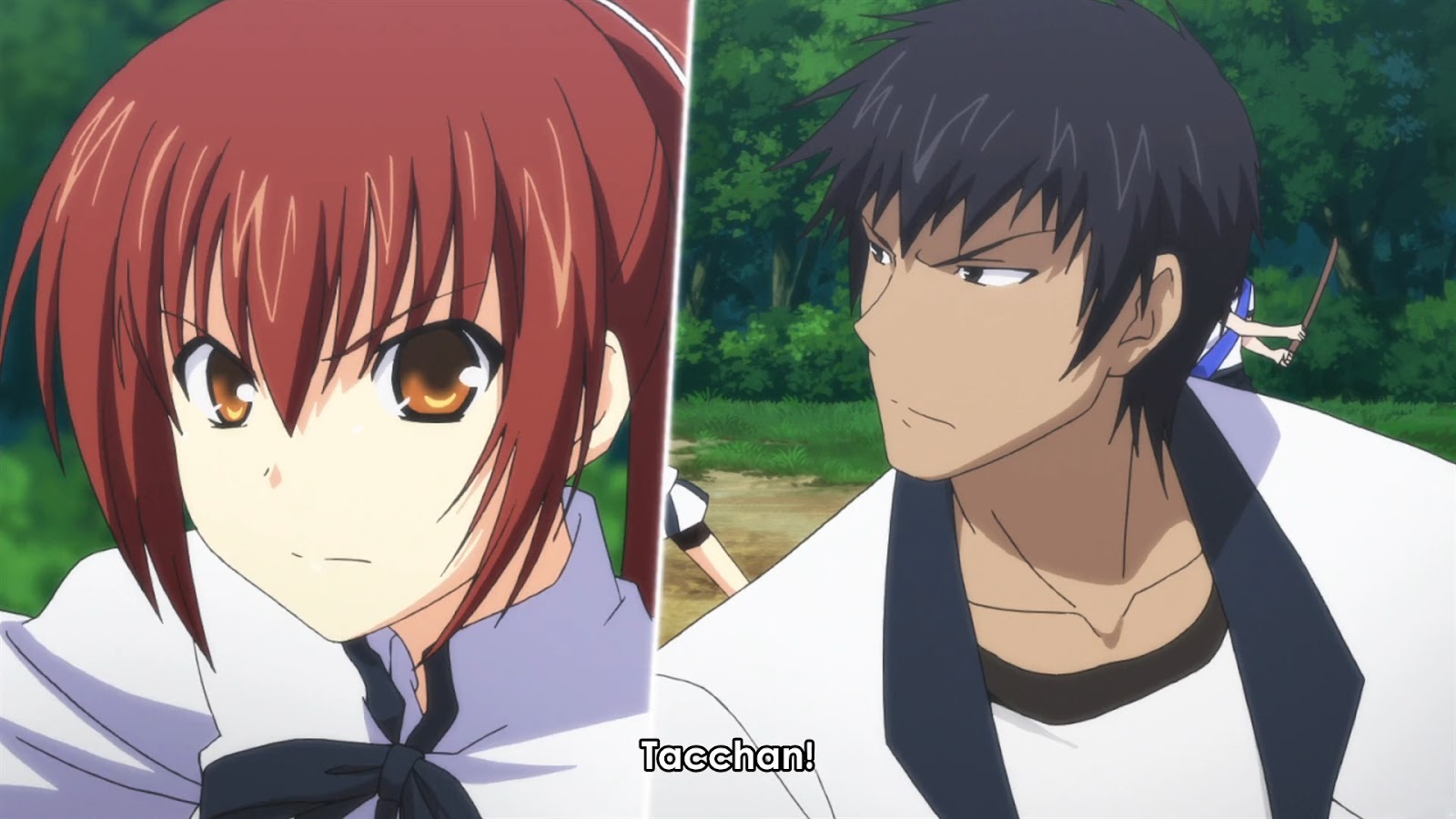
In a testament to the series' international appeal, MVM Films licensed it for release in the United Kingdom in 2013. This series exemplifies how anime and related media can captivate audiences worldwide, crossing cultural boundaries and language barriers.

Yamato, a student at the prestigious Kawakami Academy, a school renowned for its top-notch martial arts curriculum, serves as our guide as we explore the world of "Majikoi: Oh! Samurai Girls." Kawakami City, a place deeply steeped in the traditions and honor of its samurai ancestors, highly values a strong fighting spirit; it's seen as the key to success, even within the school walls. Enter our main character, Yamato, a sophomore at Kawakami High who is inseparable from his group of five close friends: four boys and three girls.
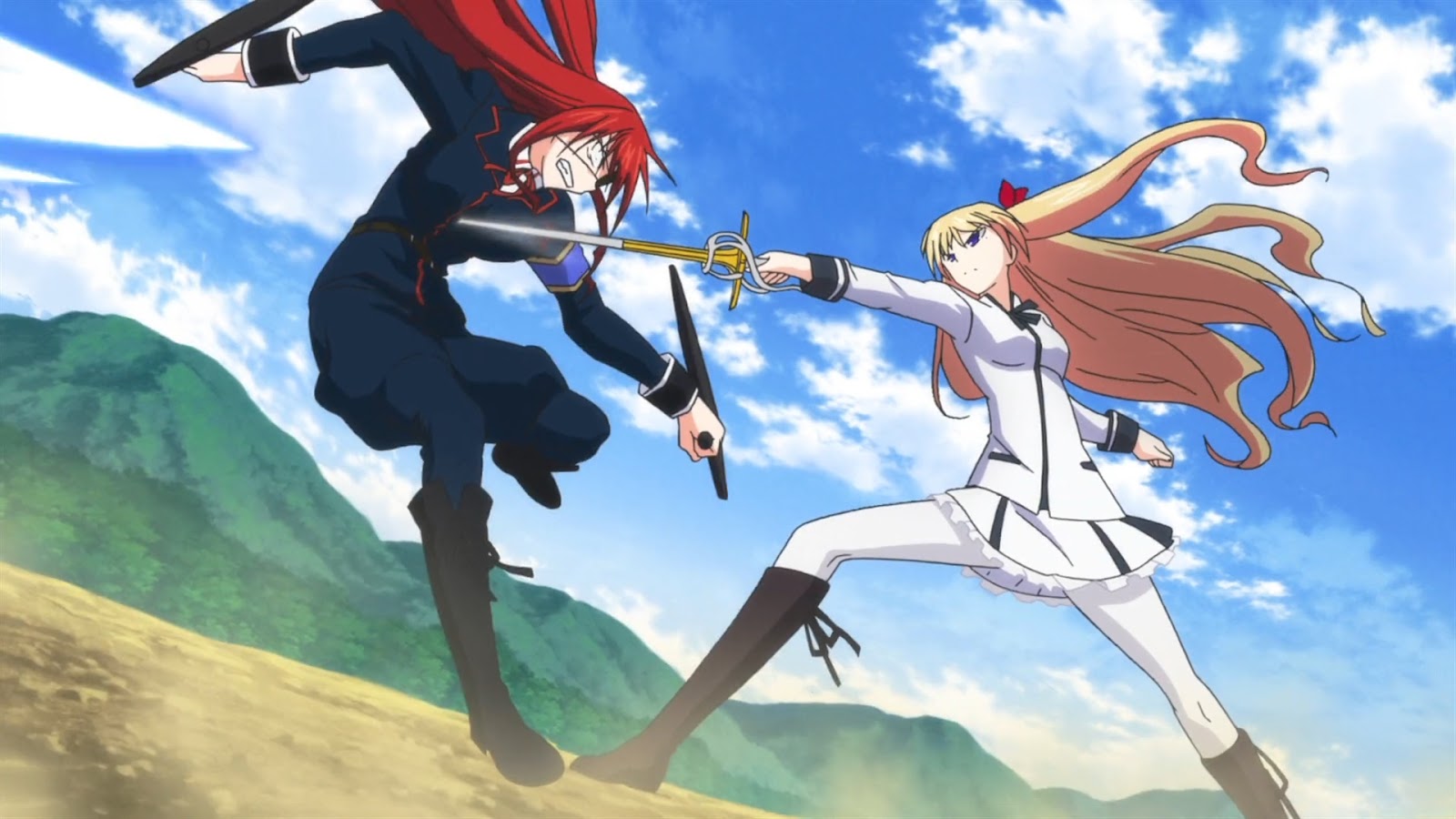
Their bond? Well, it's solid. They've been together since childhood, sharing adventures. They have this super-secret spot where they hang out.
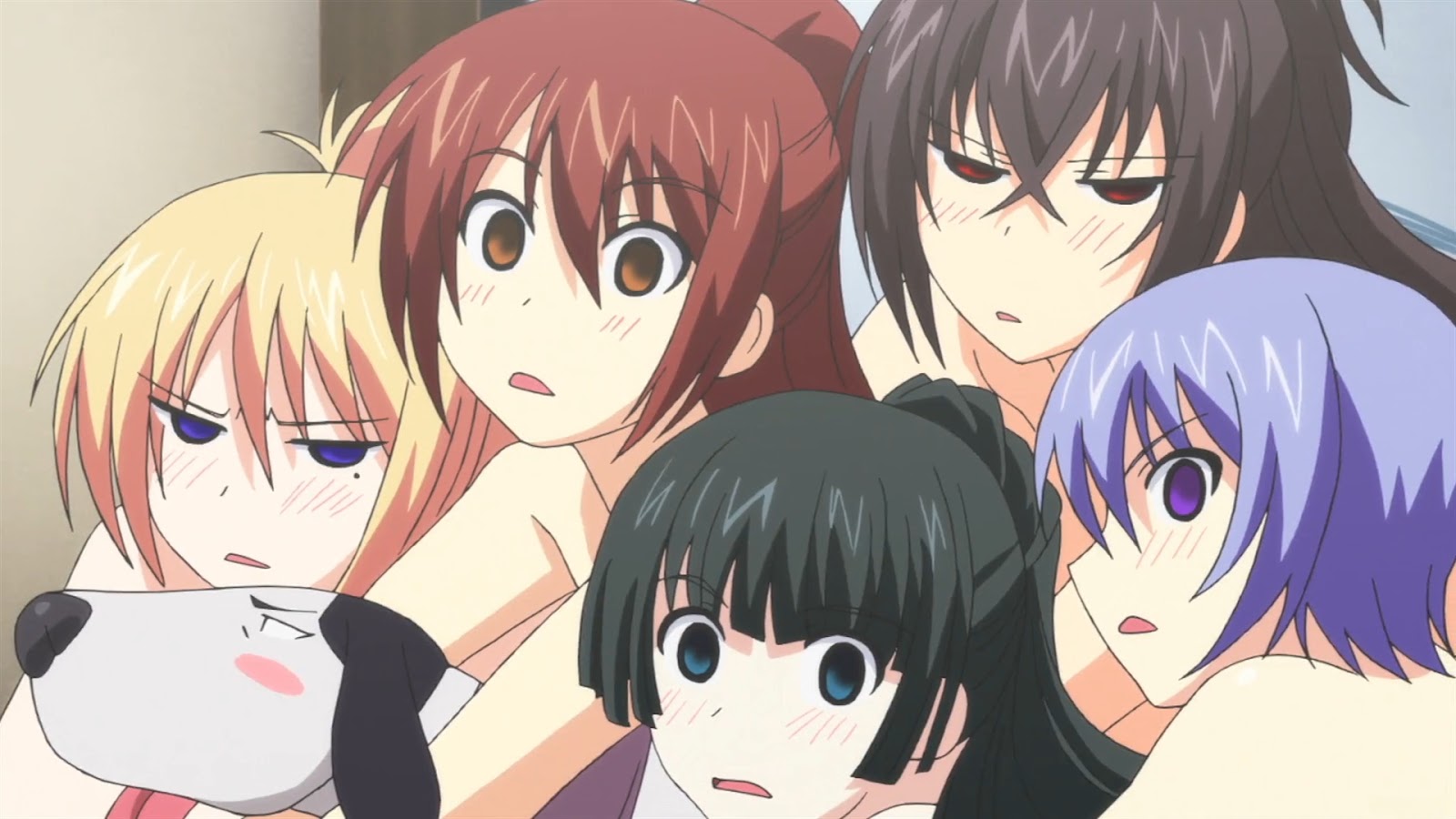
But things start to shake up with the new semester when they invite two more girls to join their crew. Now, the squad, known to us as the Kazama Family, is a cozy group of nine friends. Shouchi Kazama takes the lead, while Yamato Naoe is the brains of the operation. Their bond took root in elementary school when Yamato, Shouichi, Kazuko, Gakuto, and Takuya were inseparable play buddies. And let's remember the rest of the family: Miyako Shiina, Yukie Mayuzumi, Christiane Friedrich, Tadakatsu Minamoto, Kokoro Fushikawa, Hideo Kuki, and Azumi Oshitari.
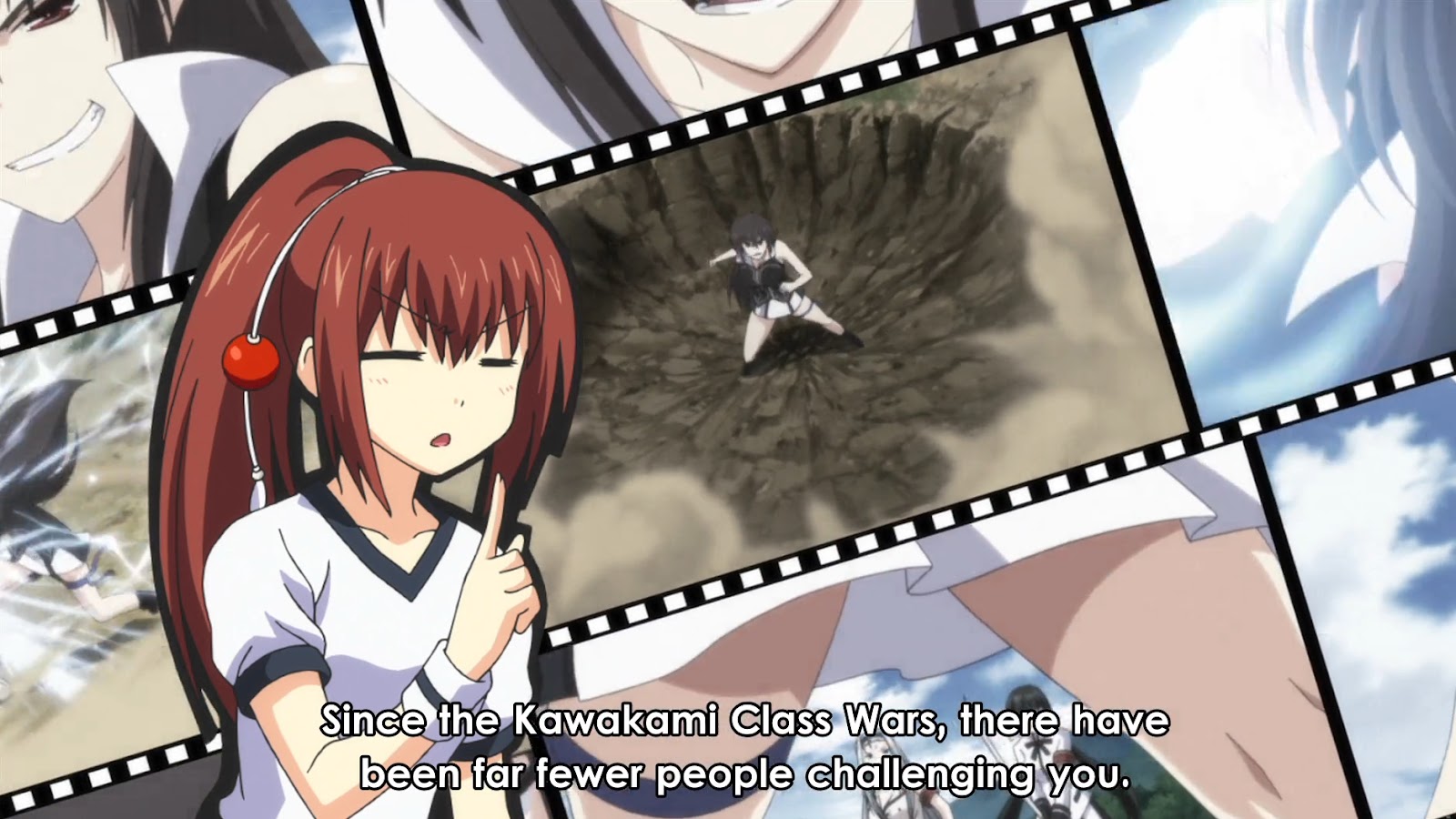
The Kazama Family, living together like siblings since their early days, has an incredibly emotional intimacy. They're often seen taking on martial arts duels with fighters from across the globe or challenging students from rival schools who dare to step into their territory. Through these shared battles and trials, their bond only deepens, nurturing an unshakeable unity that just won't break. Such a heartwarming sense of togetherness, isn't it?
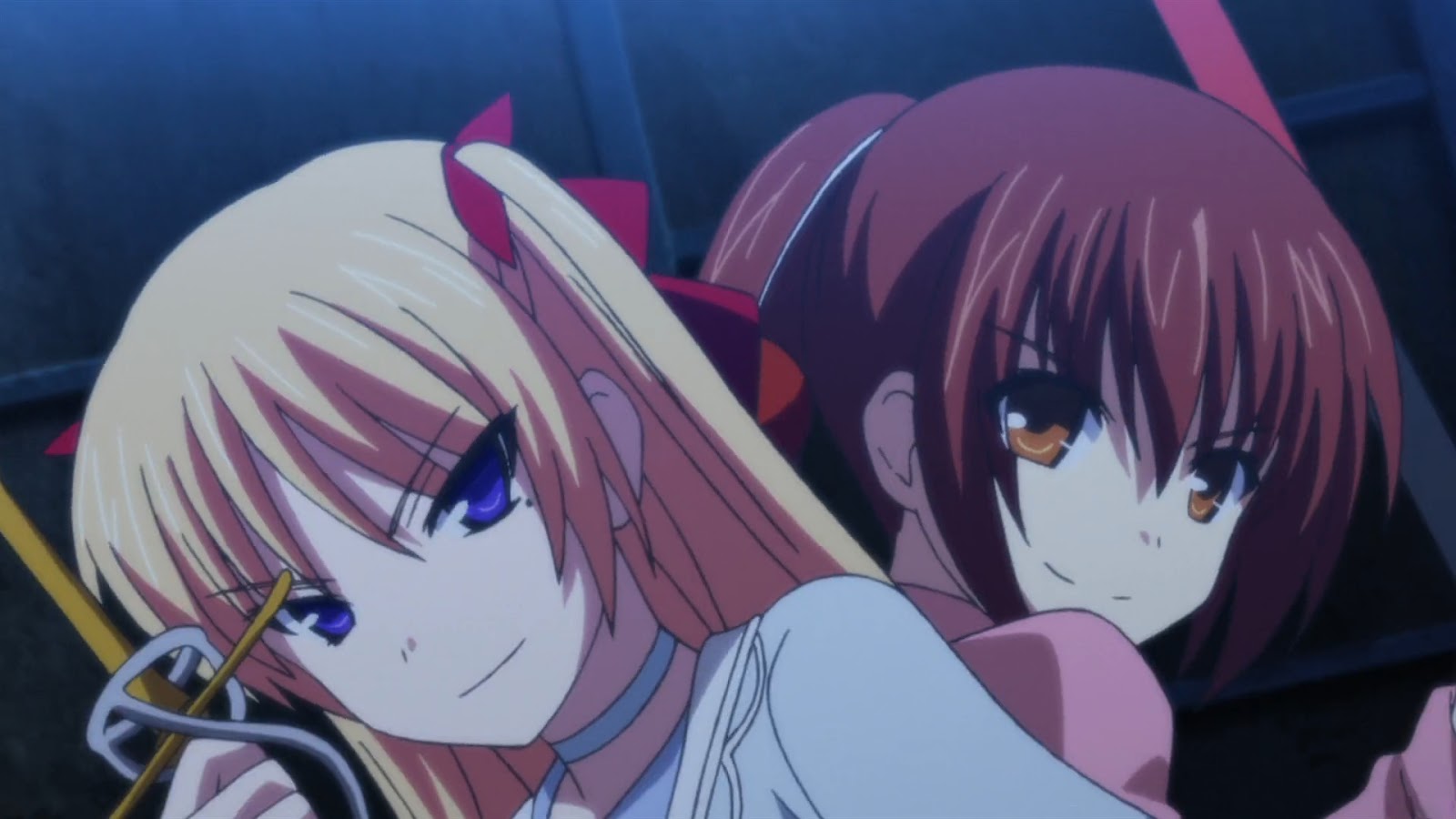
In the vibrant world of "Maji de Watashi ni Koi Shinasai!", also known as ”Love Me, Seriously!” we navigate through the narrative lens of our sharp-witted protagonist, Yamato. Exhibiting an uncanny blend of cunning strategy and unwavering loyalty, Yamato holds a pivotal role, often playing peacemaker amongst his friends. Though popular with the ladies, he remains unaffected, and his weapon, a fan, and his persuasive rhetoric mirror his intellect.
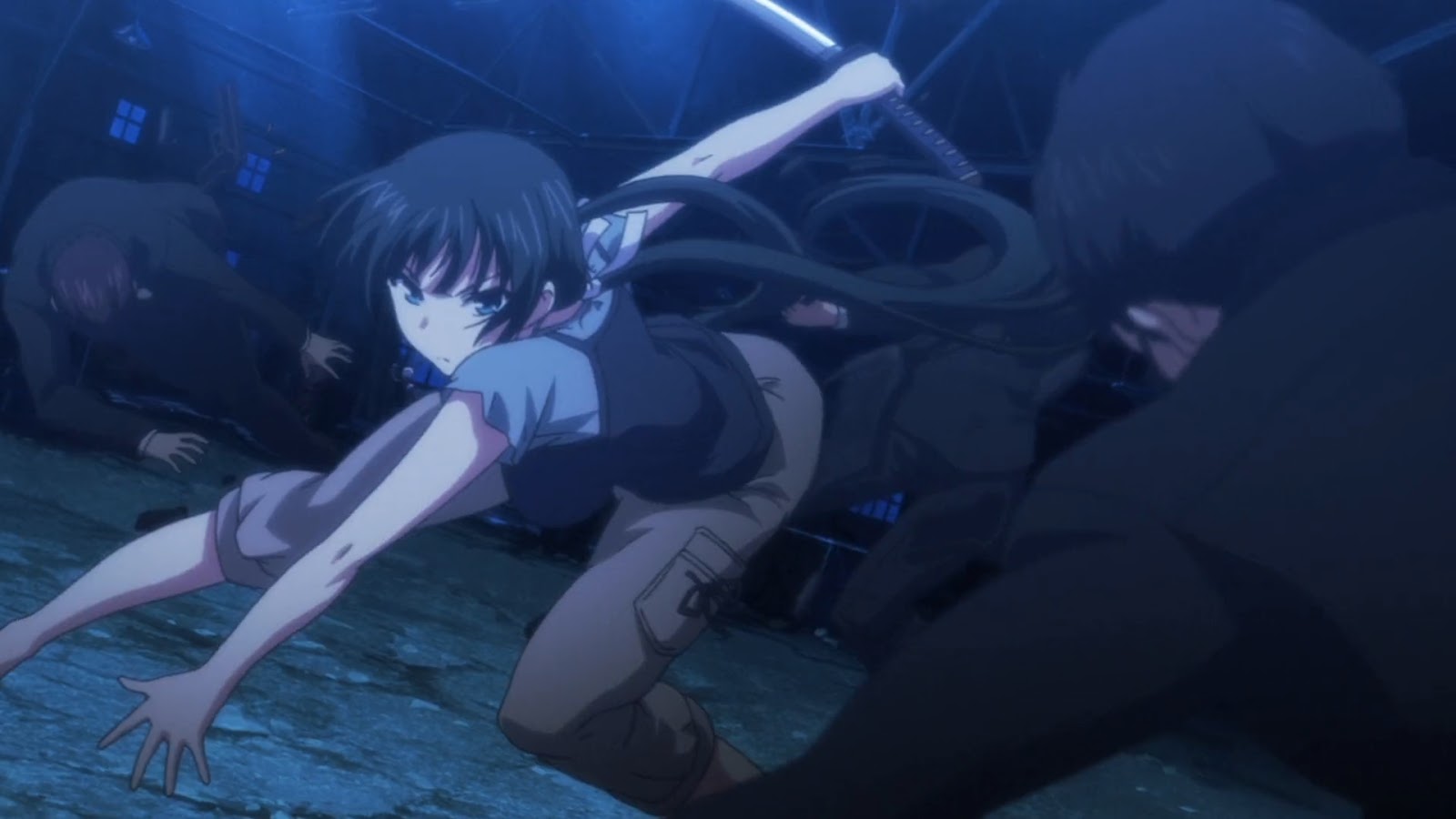
Momoyo Kawakami, Yamato's childhood friend and a key heroine, is recognized as the academy's and perhaps Japan's most potent martial artist. Momoyo is a force to reckon with, thriving in her quest for powerful adversaries. Her affection for Yamato is tangible, yet she prefers the fraternal bond over a romantic liaison. Her ability to enhance her physical prowess using her chi sets her apart.
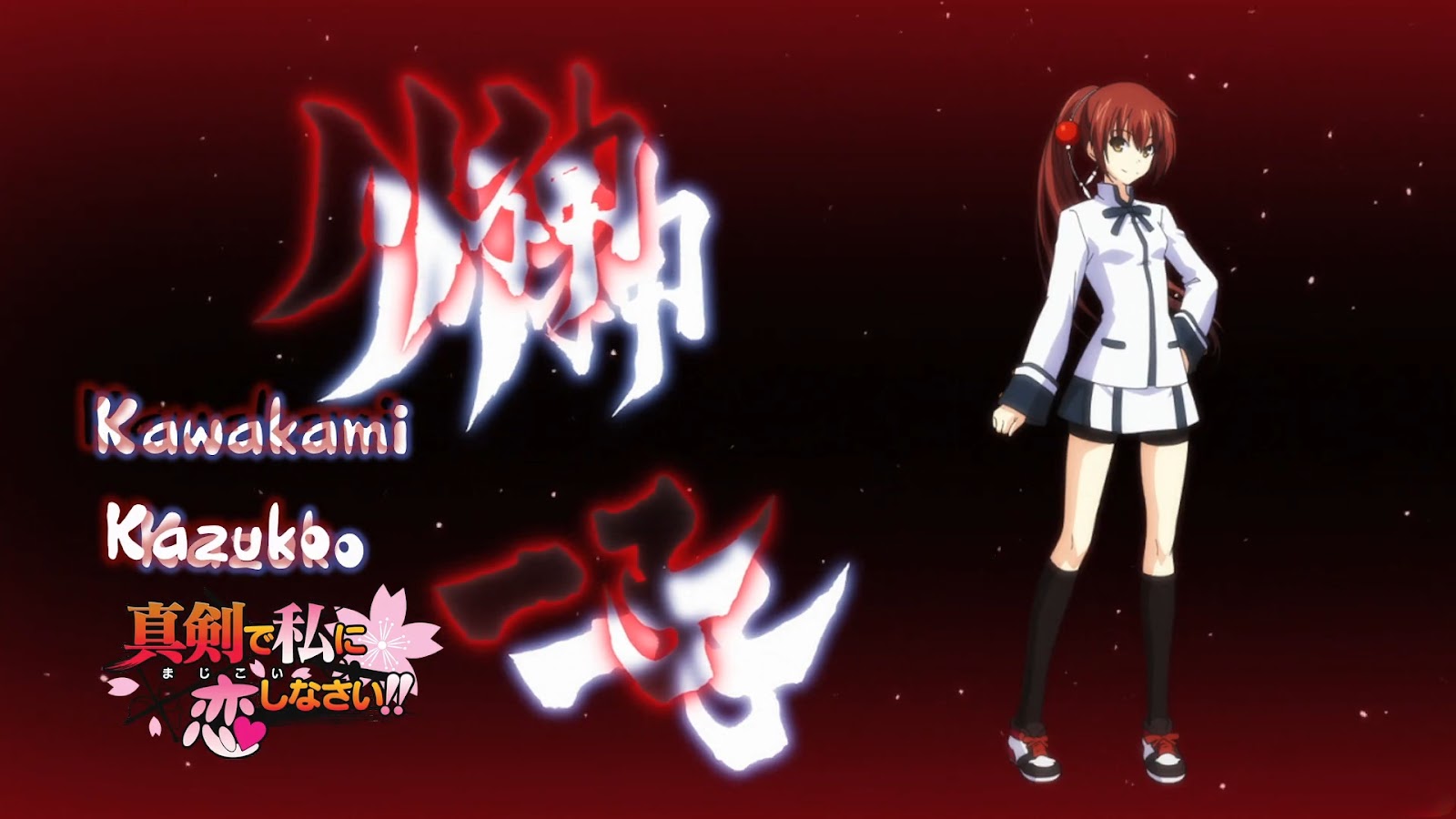
Kazuko Kawakami, another childhood friend and Momoyo's sister, is an athletic, straightforward character who looks up to Momoyo. Her hidden romantic feelings for Yamato and adeptness at wielding a wooden sword and chi make her character compelling.
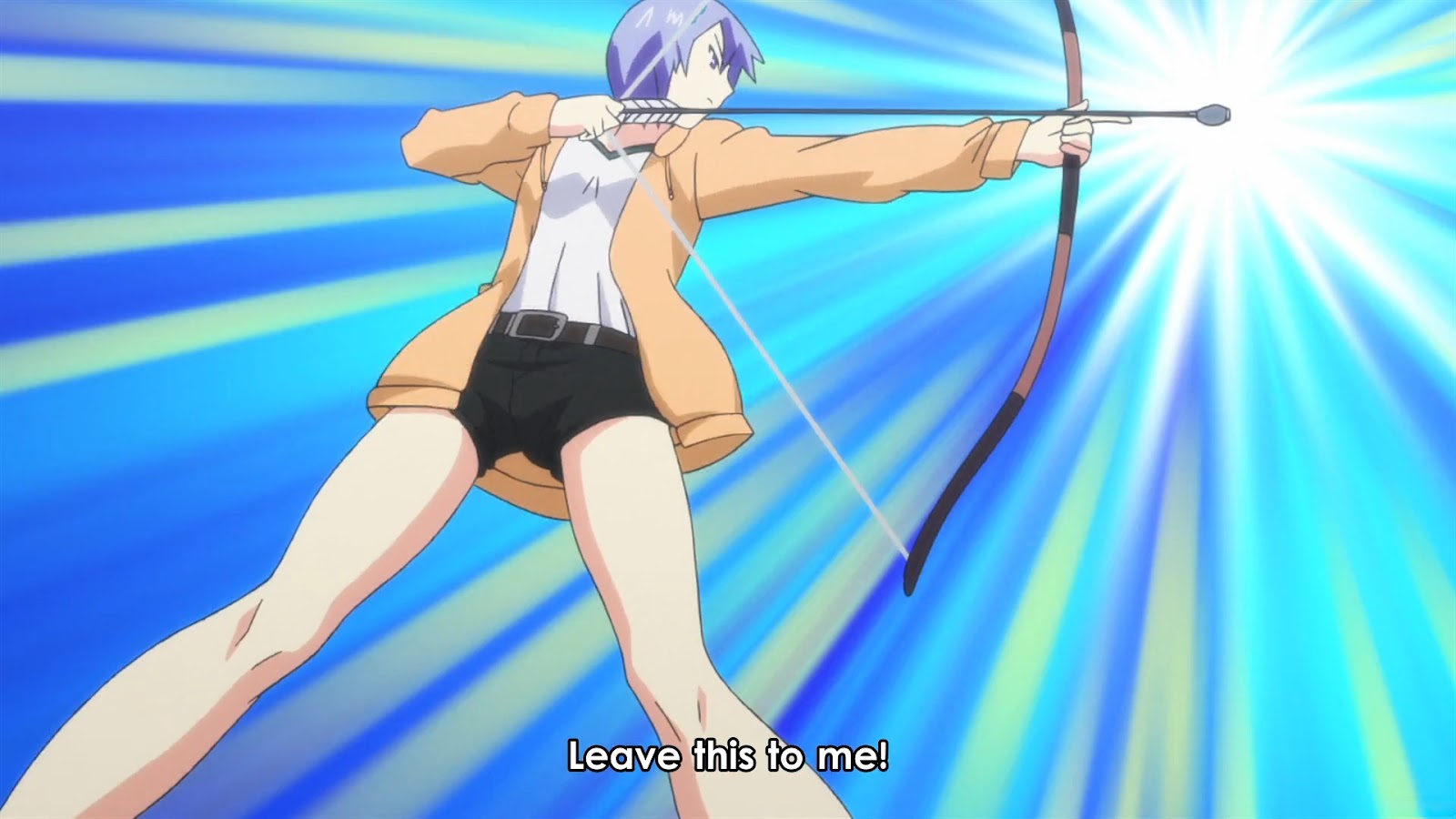
Yamato's childhood friend Miyako Shiina, voiced by Hyo-sei, cultivates a soft spot for him in the ensemble of "Majikoi: Oh! Samurai Girls." Yukie Mayuzumi, portrayed by Yuko Goto, is a shy culinary genius with a quirk for personifying her horse strap. Shizuka Itou provides the voice of Christiane Friedrich, a student on exchange with exceptional sword skills.
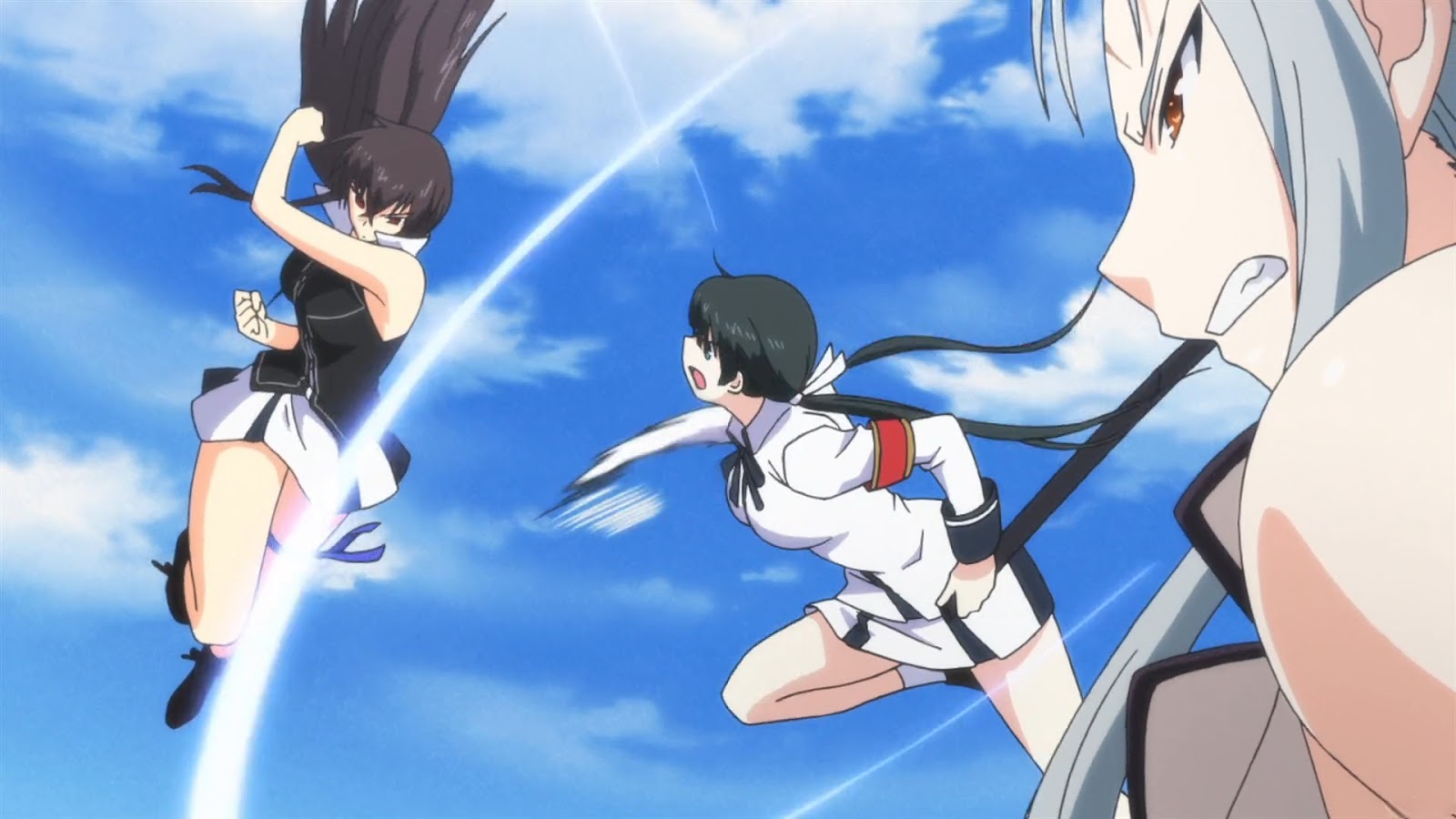
Yamato's close circle includes Shouichi Kazama and Tadakatsu Minamoto, the supportive tsundere. Kokoro Fushikawa, the rich, egotistical girl; Hideo Kuki, the cocky dramatic entrant; and Azumi Oshitari, the ninja maid with a dual personality, add layers to this rich narrative.

Yamato and Momoyo's dynamic relationship is the emotional fulcrum in "Majikoi—Oh! Samurai Girls." A childhood agreement establishes them as siblings, leading Momoyo to tease Yamato often. The series turns romantic when Momoyo confesses her love in the final episodes. Players can steer this relationship in the visual novel version depending on their choices. Finally, the diverse characters like the protective Miyako, reserved Mayu, and lively Tsubame contribute their distinct essence, making for a compelling series with a well-rounded ensemble.

"Majikoi: Oh! Samurai Girls" is an intoxicating mix of intriguing story, vivacious characters, and dynamic genre melding. Each episode pulls you into a mesmerizing world where high school drama collides with martial arts action. This charming blend makes "Majikoi" an absolute delight and a worthy choice for downtime.
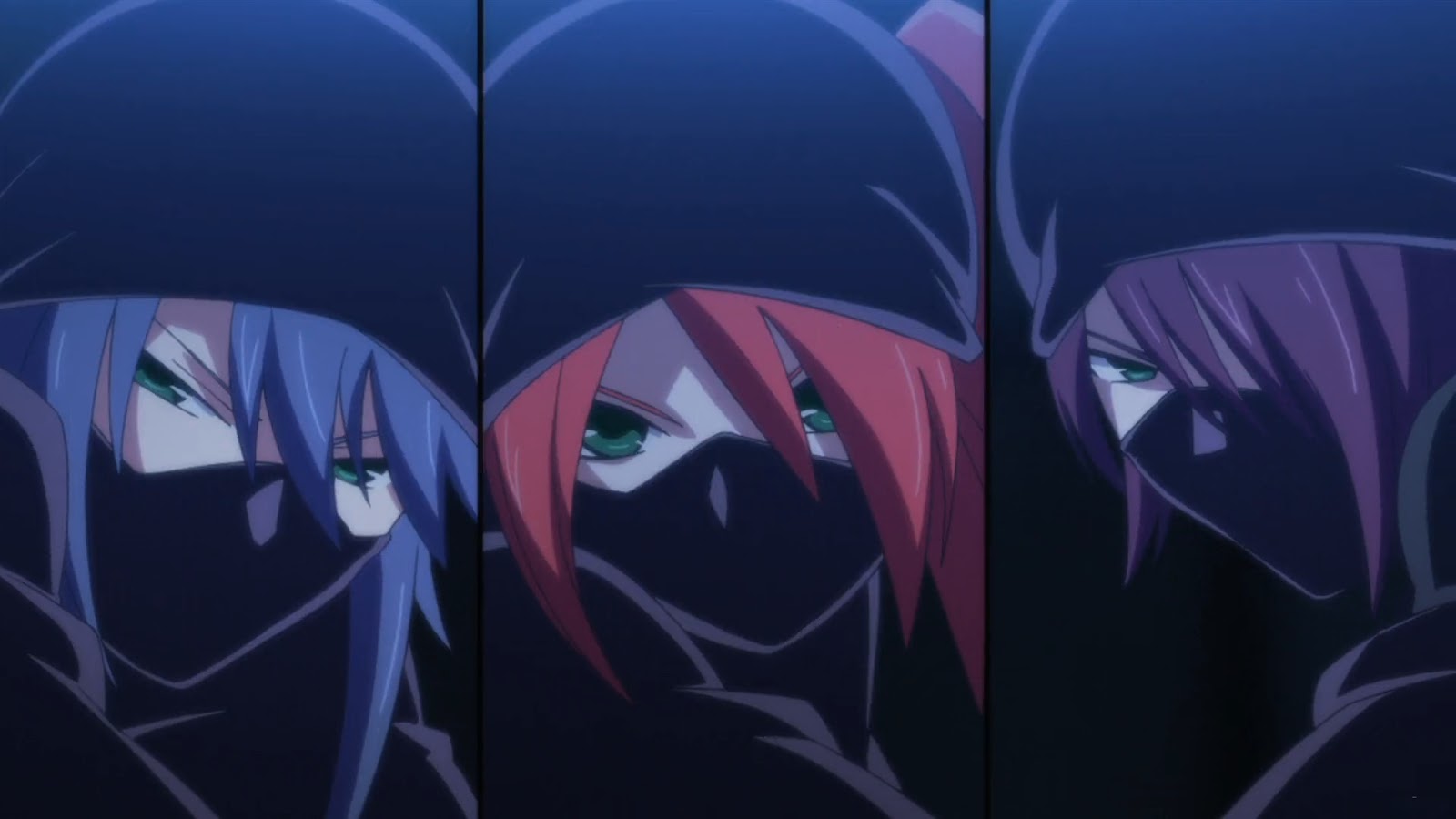
The fight scenes in "Majikoi" are a spectacle, with every character showcasing their unique combat skills in an adrenaline-fueled display of might and finesse. The humor that infuses the series brings a refreshingly lighthearted touch, adding an extra layer of enjoyment to an already gripping story. But amidst the action and comedy, "Majikoi" also explores the tender complexities of romance, adding depth to the character interactions and enhancing their appeal.
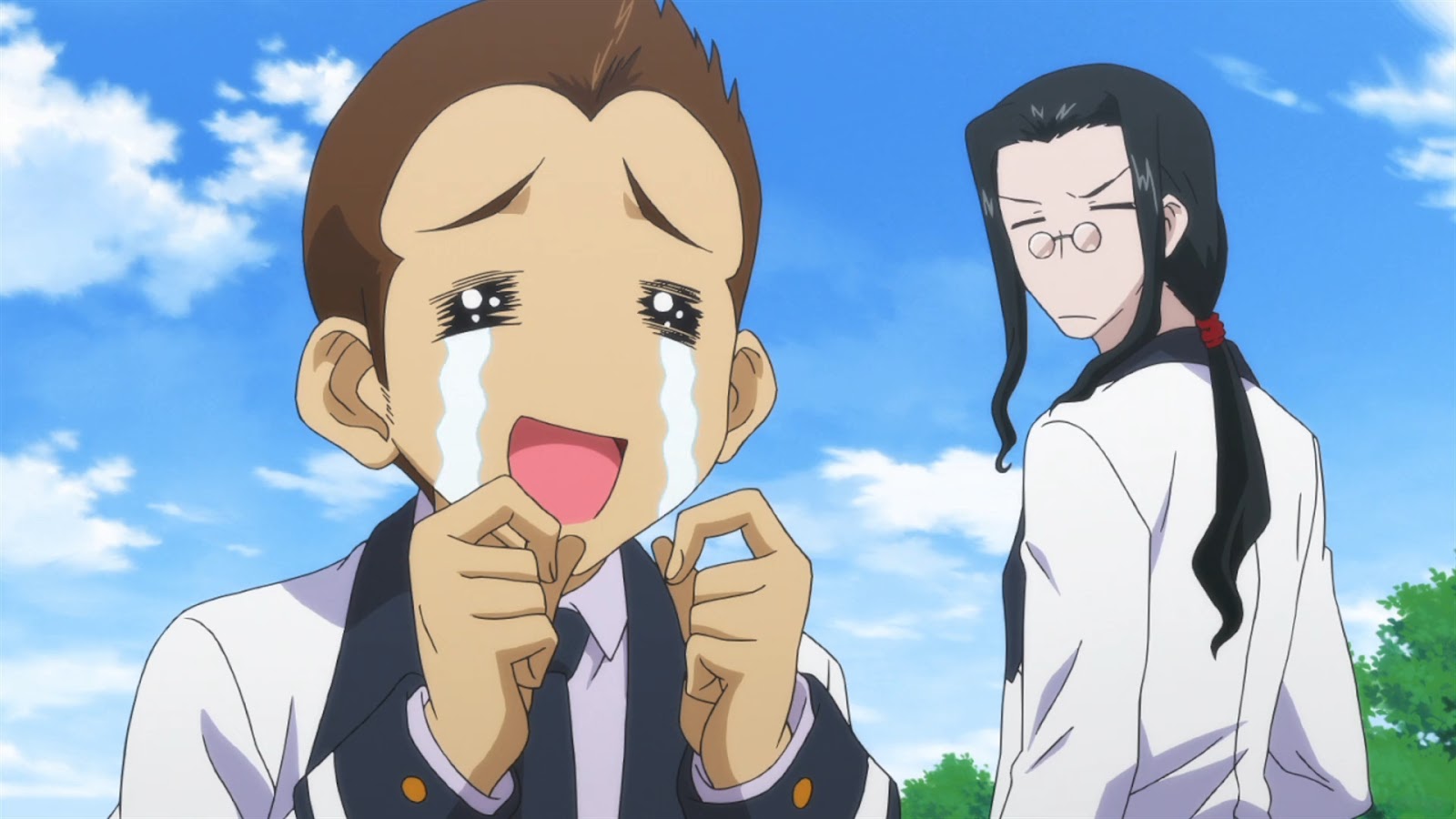
As an otaku, I particularly relish the humor in "Majikoi." It injects a breezy and carefree vibe into the series, striking a perfect balance with the more intense, action-oriented scenes. The humor manifests in quirky situations, funny character exchanges, and the playful aspects of the characters' personalities, making them all the more endearing and relatable.
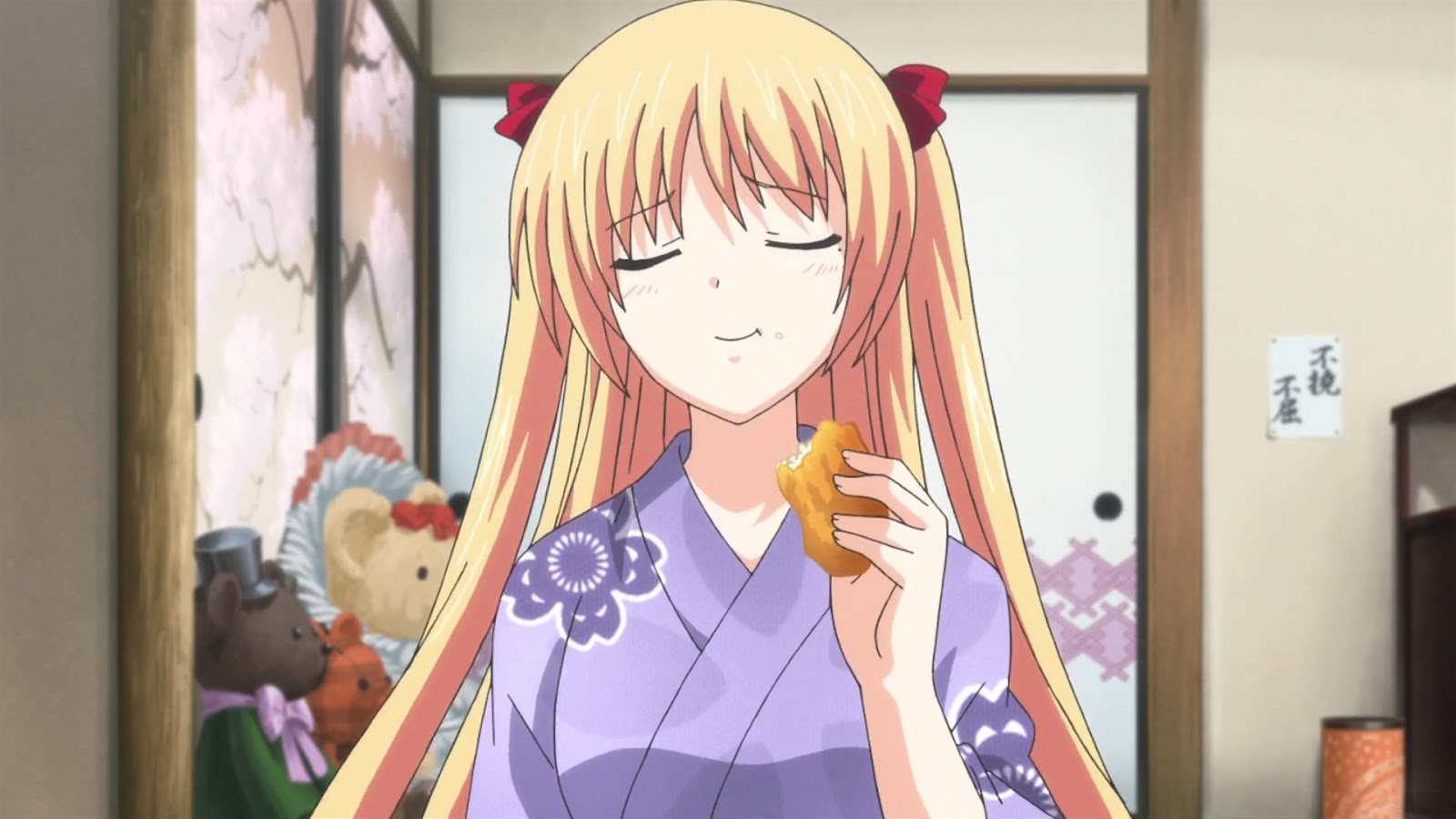
However, I acknowledge that the humor may not be to everyone's taste. Some might find it excessively exaggerated or juvenile, while others might enjoy its comedic reprieve amid the action and drama. There might be moments when the humor seems to eclipse the more serious plot elements.
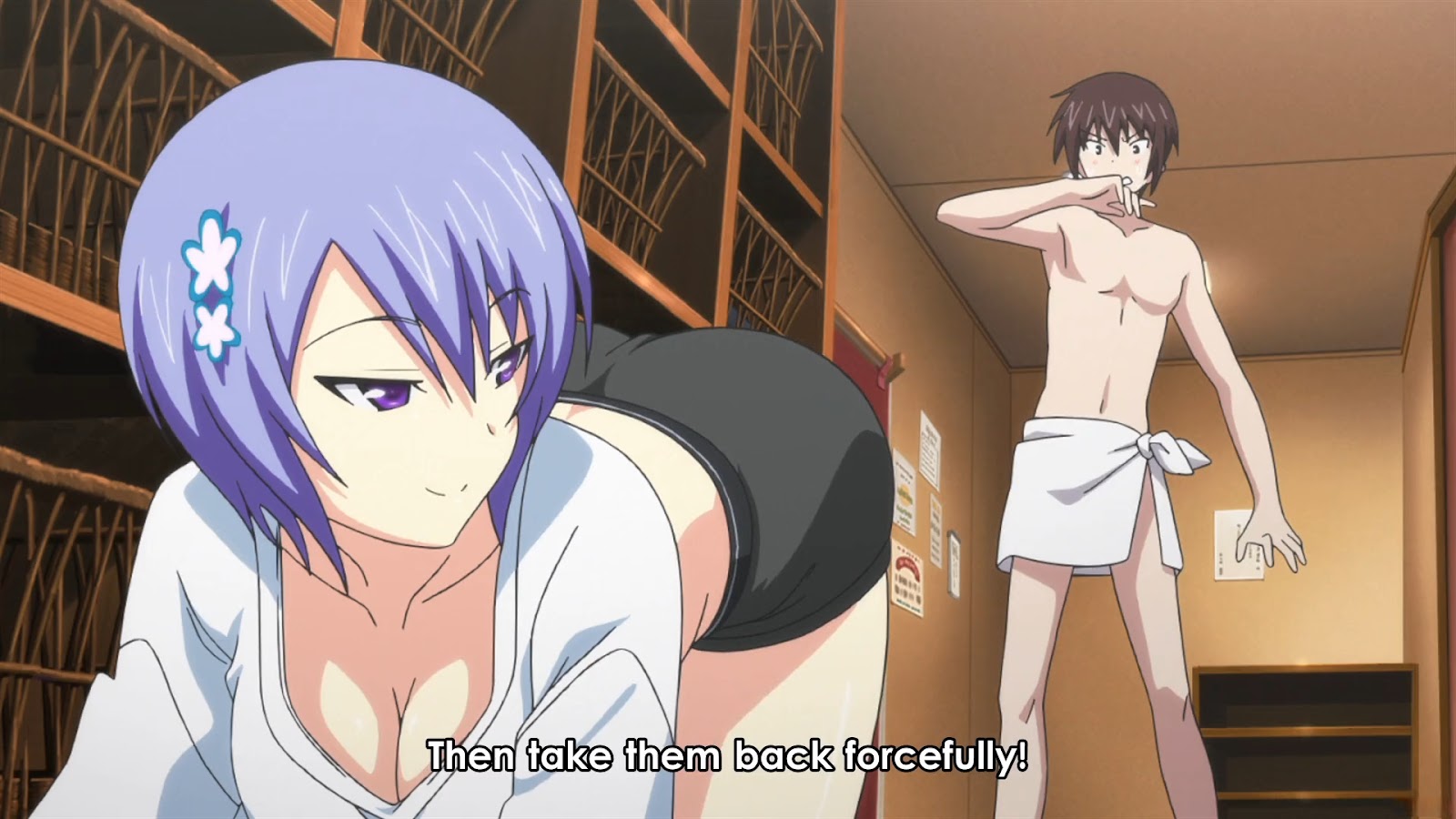
Ultimately, "Majikoi: Oh! Samurai Girls" humor contributes to a delightful atmosphere that seamlessly complements the martial arts and school life themes coursing through the series. It's a vital component of the anime's overall appeal and style. Even if it doesn't resonate with all viewers, it undoubtedly plays a crucial role in making "Majikoi" the captivating series it is.

That said, first impressions can be tricky, especially in anime. My initial interaction with "Maji de Watashi ni Koi Shinasai!" was somewhat disorienting. The series plunges right into the action with little preamble or detailed explanations, which might leave viewers scrambling to catch up.
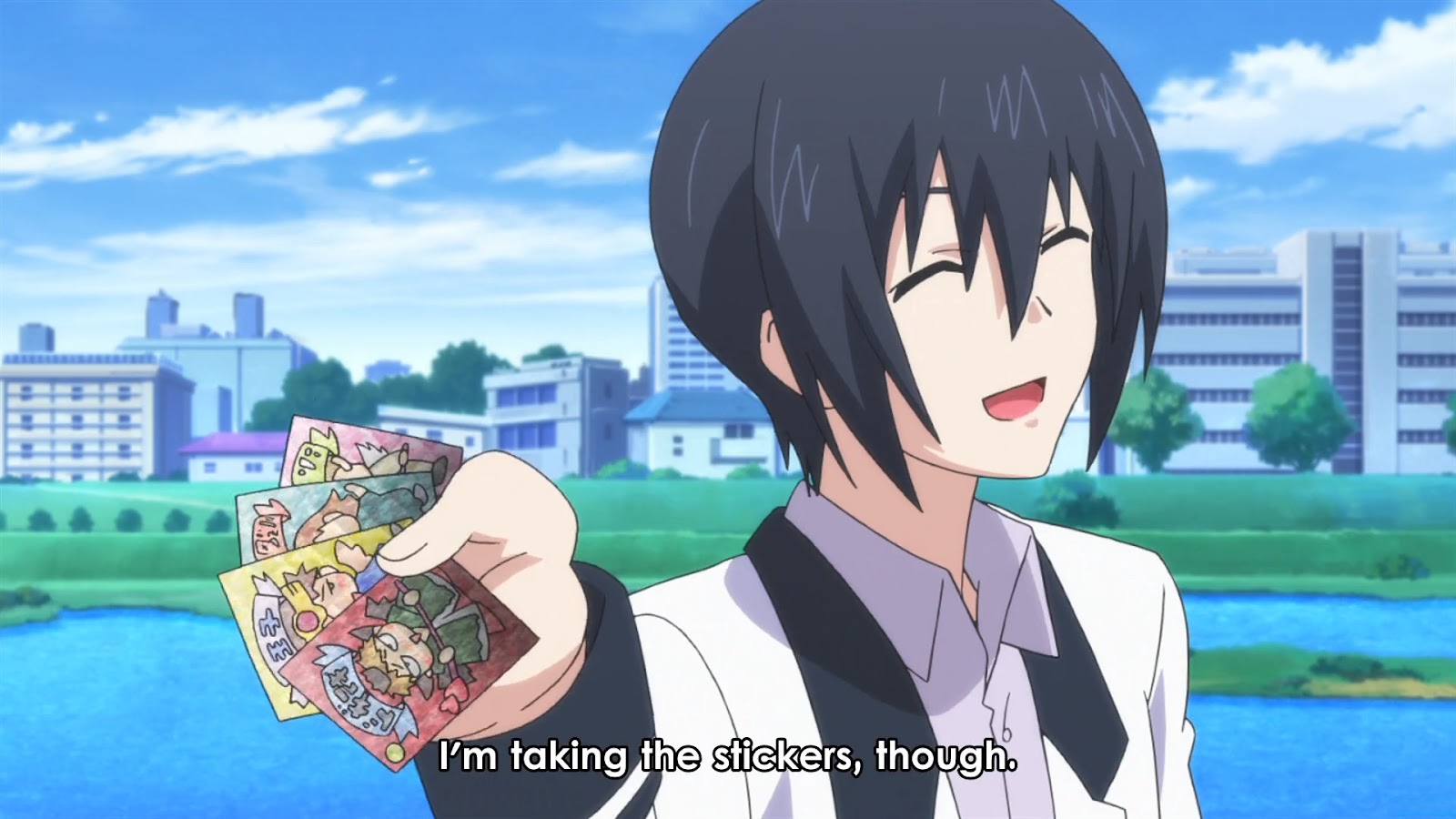
The narrative style, which leans towards a slow-paced story unfolding, can be confusing. The inclusion of flashbacks didn't particularly enhance the storytelling experience. These elements made the series' beginning a puzzle, forcing viewers to navigate the narrative with little guidance. While this unique approach might work for some, others may find it perplexing.
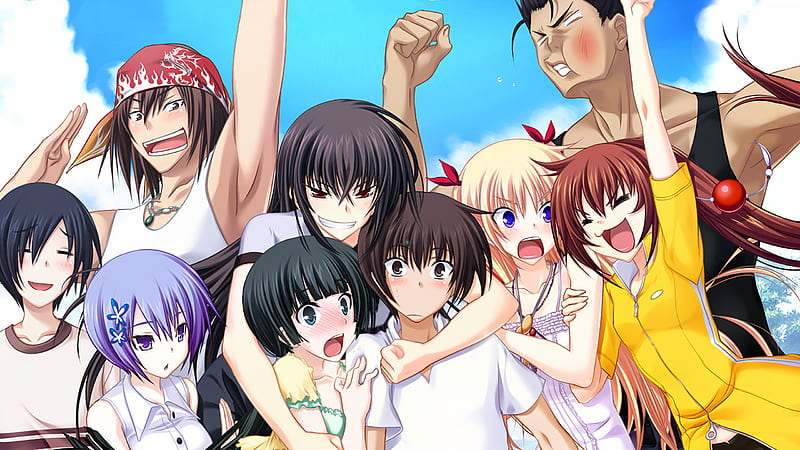
"Majikoi: Oh! Samurai Girls" truly makes a visual splash, courtesy of the skilled ensemble from Studio Lerche. The series' appeal stems from its appealing character designs, dynamic animation, and well-crafted backgrounds—the work of Mayumi Watanabe, who wore the dual hats of Character Designer and Chief Animation Director. Guided by the artistic vision of Art Director Hiroshi Itō, every element comes together seamlessly, culminating in thrilling fight scenes that are as dynamic as they are intense.
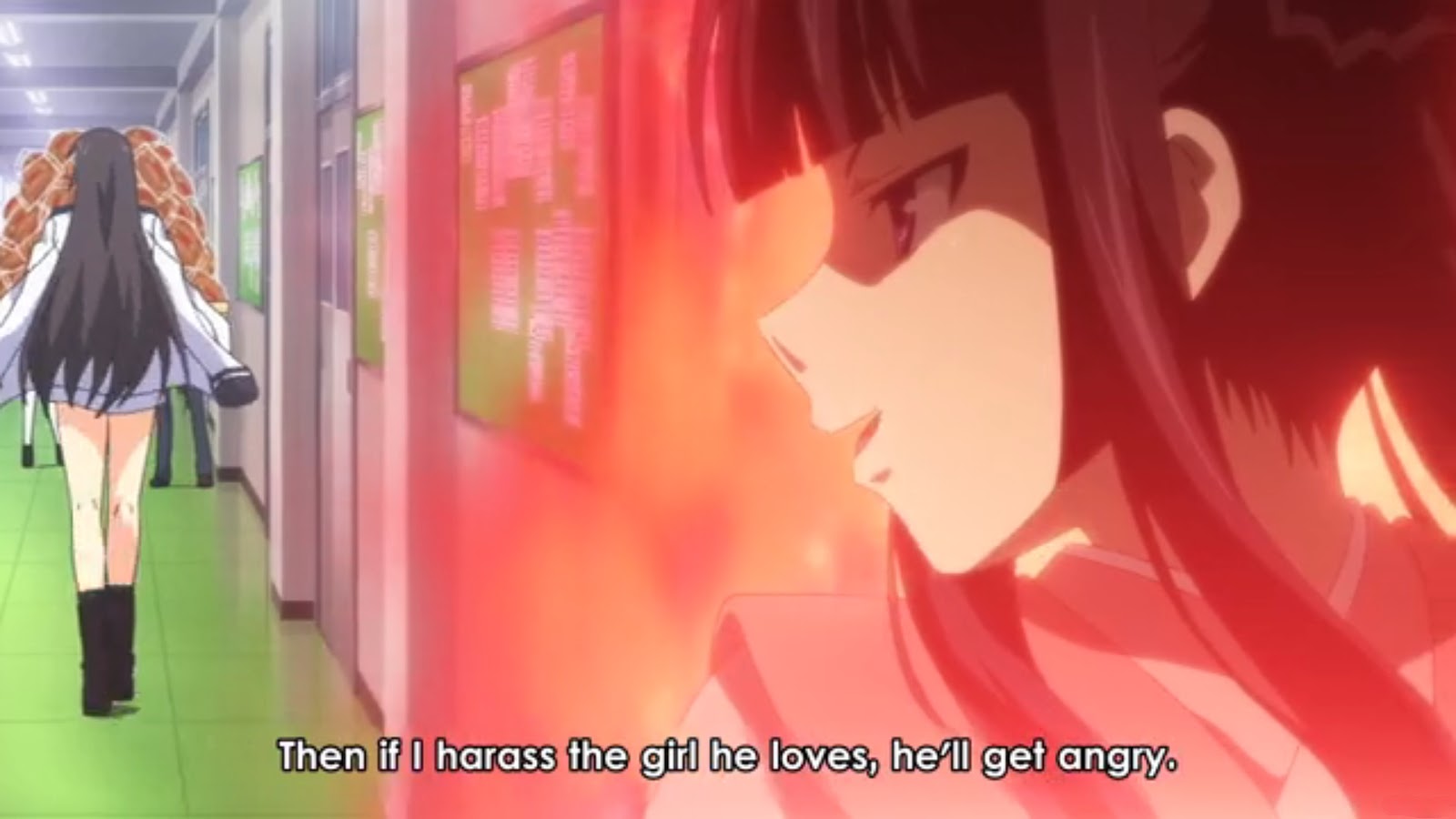
The series also does an excellent job of capturing the spirit of the original visual novel by Minato Soft in its character designs, which fans are bound to appreciate. If you're looking for anime with similar themes and genres, "Sekirei," "Baka and Test: Summon the Beasts," "Medaka Box," "IS: Infinite Stratos," "Horizon in the Middle of Nowhere," "Senran Kagura Ninja Flash," "Dog Days," and "Mashiroiro Symphony" would make appropriate recommendations.
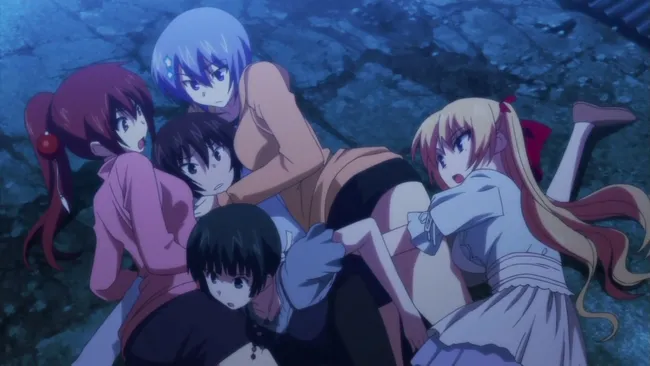
The auditory experience of "Majikoi: Oh! Samurai Girls" is genuinely a sensory treat. The well-crafted soundtrack significantly elevates the emotional weight of pivotal scenes. Voice acting is a standout feature, with each actor skillfully encapsulating their respective characters, bringing their personalities to vivid life. This level of character representation is a testament to the series' attention to detail.
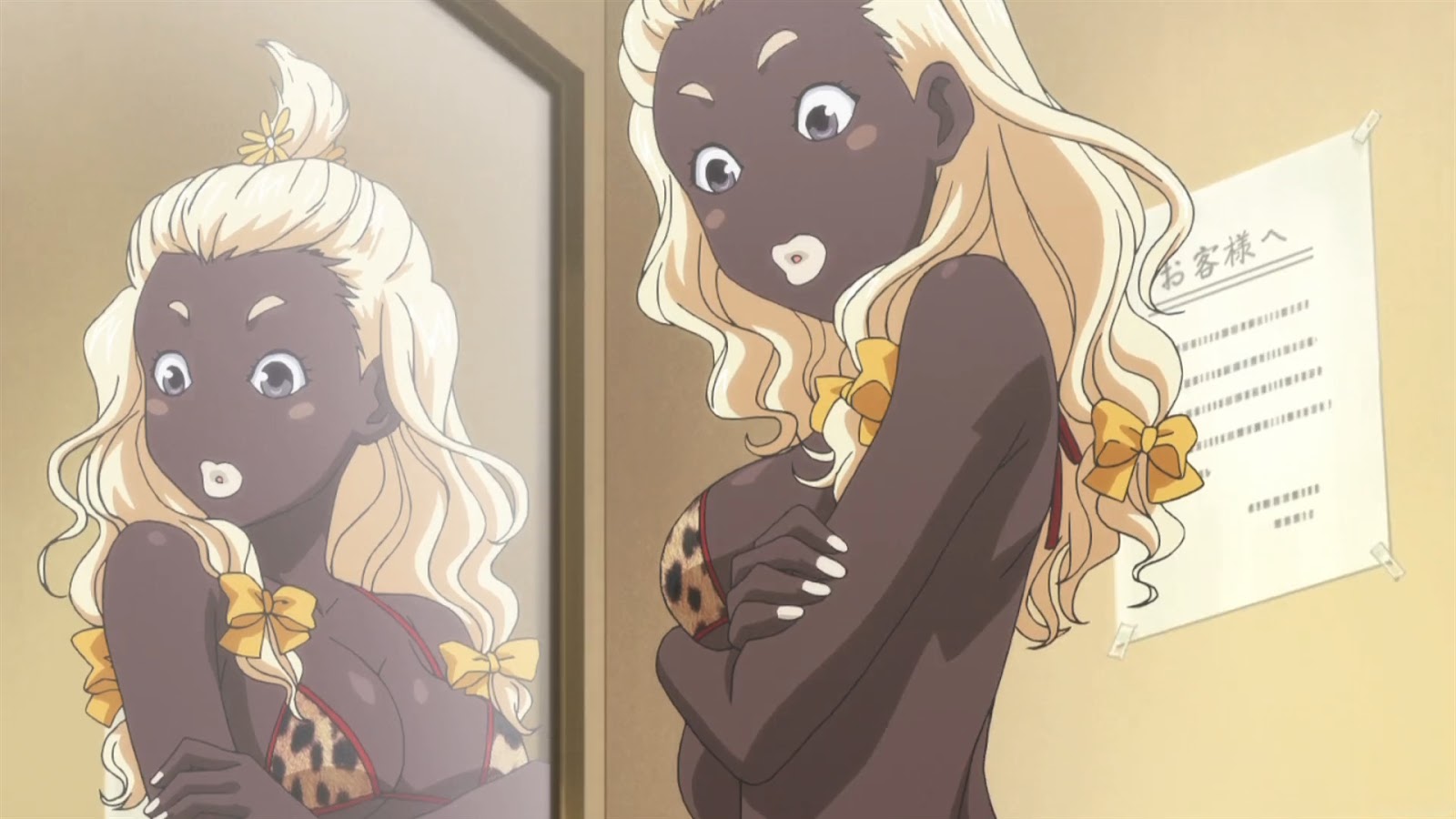
Specifically, the portrayal of Momoyo's tomboyish personality through a perfect blend of strength and cuteness in her voice is impressive. Similarly, Yuko Goto's endearing performance as Mayuzumi Yukie is adorable and captivating. Masaaki Endoh, Hiroshi Kitadani, and Aki Misato performed the series' catchy and energizing opening theme, "U-n-d-e-r--STANDING!" Yuu Asakawa, Yuko Goto, Hyo-sei, Shizuka Itou, and Akane Tomonaga sang the endearing music, "Kimi no Shinken o Choudai."

These catchy tracks do more than just bookend each episode—they build anticipation and excitement, immersing the viewer in the show's unique universe. In my view, the stellar auditory execution is the crowning glory of this anime.
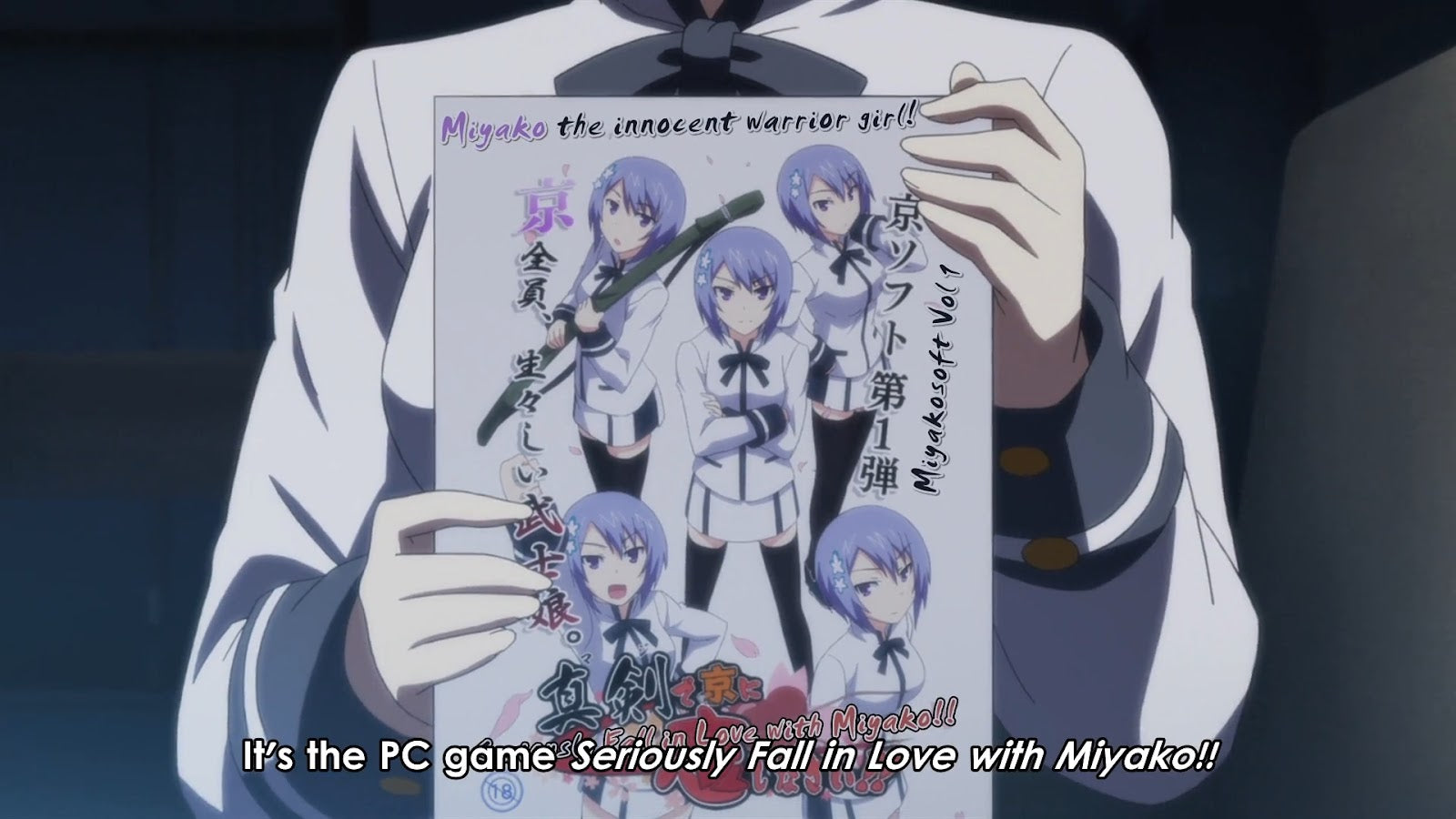
"Maji de Watashi ni Koi Shinasai!" isn't without its eccentricities. It is important to note that it's based on an eroge, a genre of dating sim games more commonly known and appreciated within Japan's borders. While many eroge games veer towards the hentai anime realm due to their explicit content, notable exceptions exist.
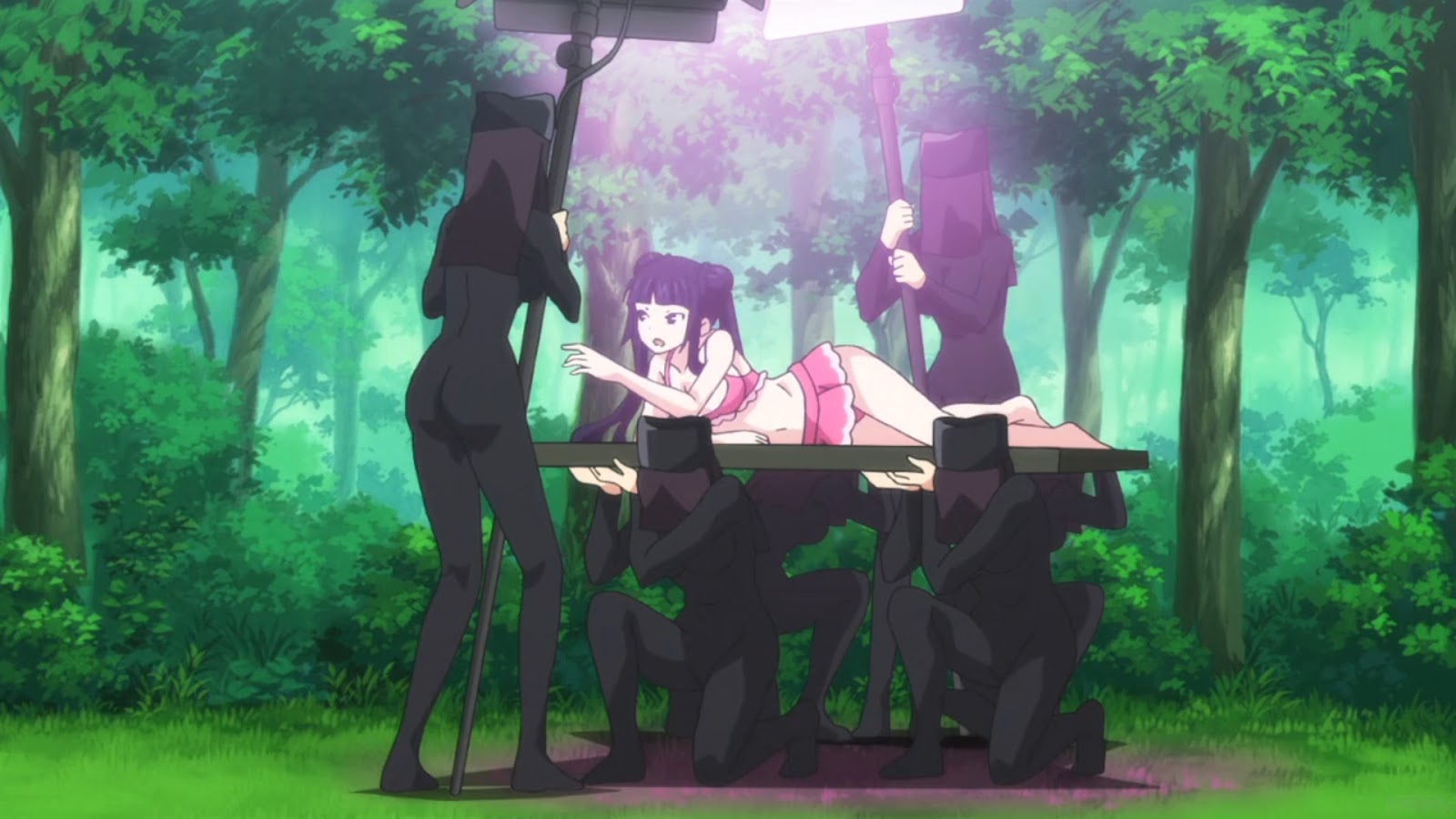
For instance, games like "School Days," "Koihime Musou series," and "Happy Days" have successfully transitioned into mainstream ecchi anime, finding popularity within the surge of the moe culture wave that's swept across the manga and anime industries. As such, viewers should anticipate an ample presence of these elements within the series.

All things considered, "Majikoi: Oh! Samurai Girls" presents itself as an engaging anime that skillfully interweaves elements of action, comedy, and romance. The characters are well fleshed out, the animation quality is commendable, and the audio work is stellar. If you resonate with the genres and themes this series dabbles in, you'll find this show enjoyable.
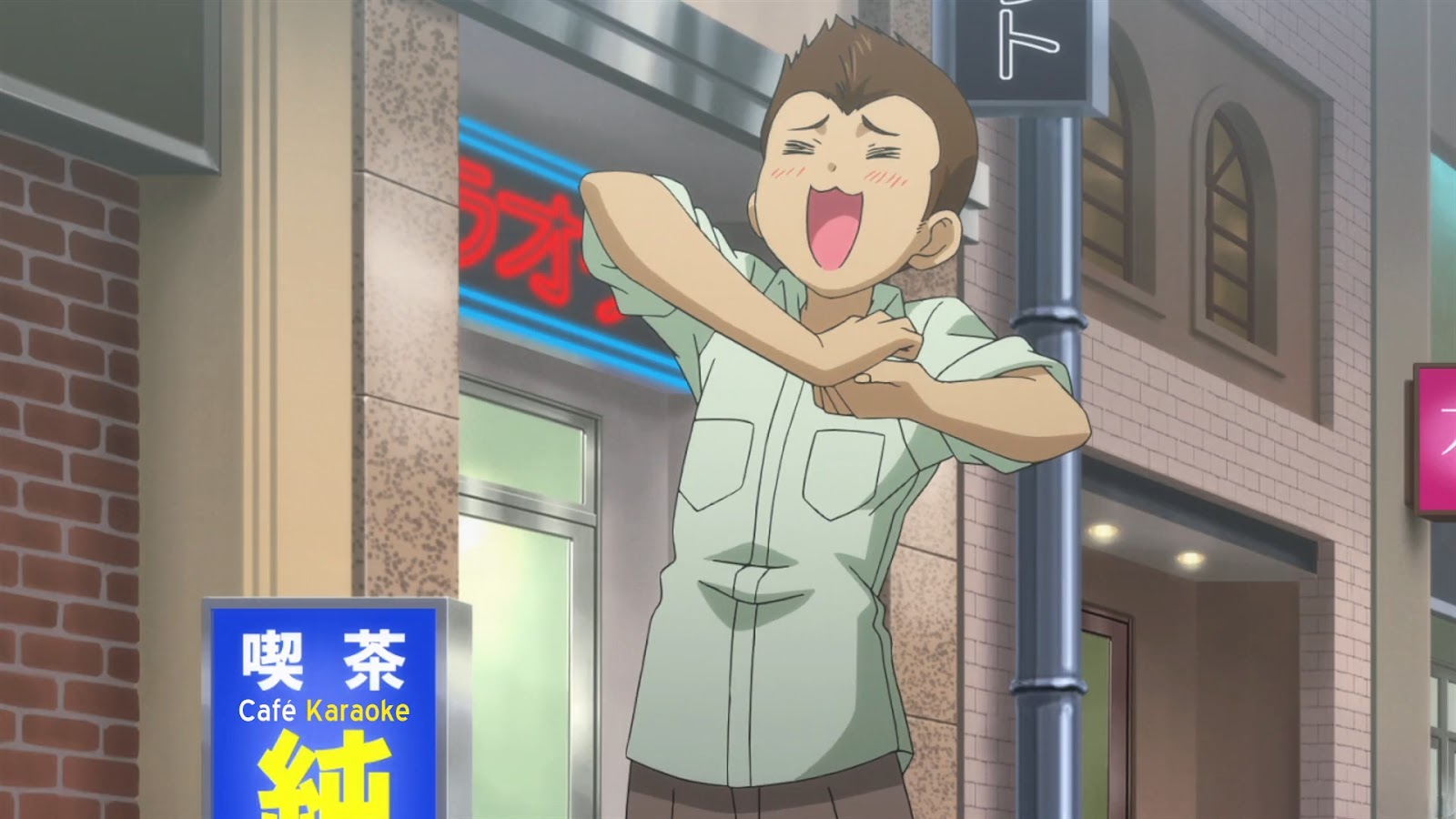
However, if these elements don't align with your preferences, the series may be less appealing. As a seasoned reviewer, I'd recommend this title to anime enthusiasts, but with a caveat: if the series provokes a sense of indifference at any moment, it might be an excellent time to seek out other titles more suited to your taste.
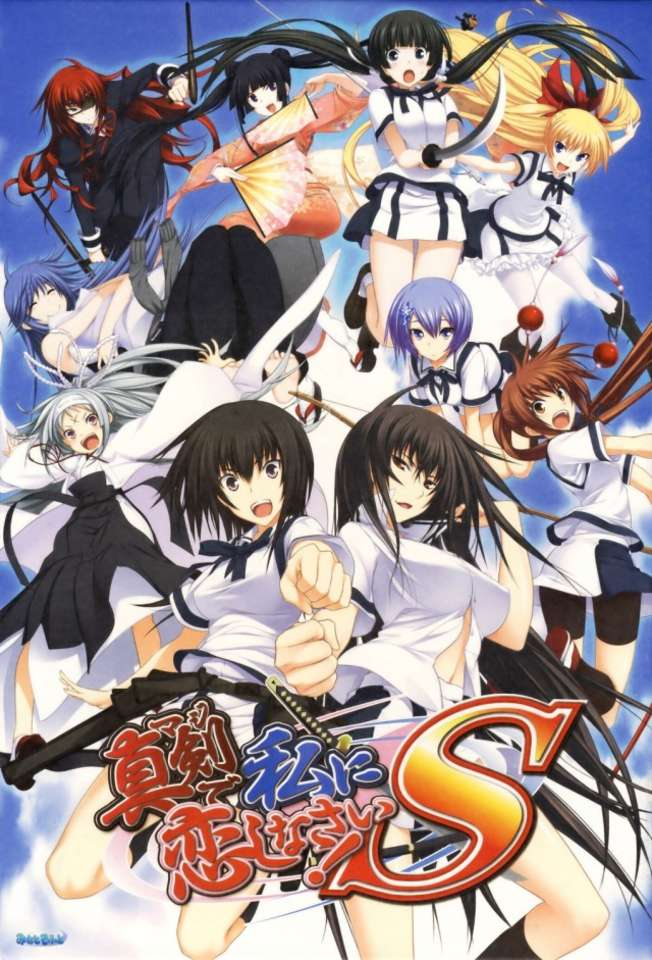
Please Like, Comment, Share or click one of the links below to read another post.
https://pinnedupink.com/blogs/random-thoughts-because-mondays-suck
https://pinnedupink.com/blogs/on-screen
https://pinnedupink.com/blogs/flashbacks
Majikoi: Oh! Samurai Girls Official Trailer







